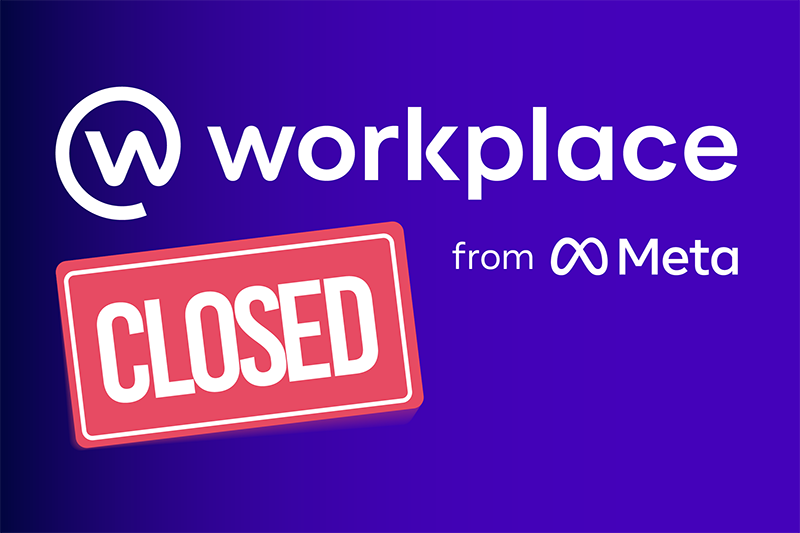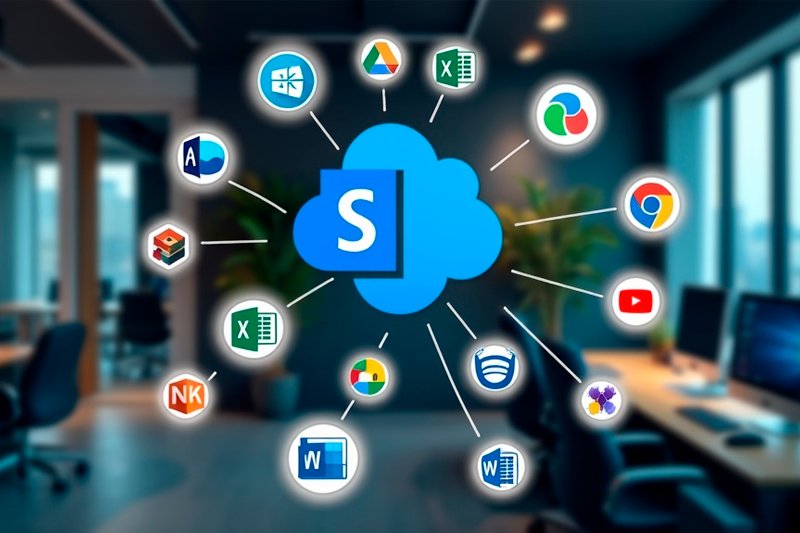- Fares Laroui
- April 15, 2020
How small businesses and the self employed can cope with the coronavirus
The spread of the coronavirus has impacted almost every aspect of our everyday lives. People have been asked to stay indoors for the foreseeable future, some businesses had to shut down their offices to comply with government measures, and those who have been cleared to operate have to follow strict health and safety guidelines and best practices. But what about the self-employed and the gig economy?
In this blog post, we try to figure out what is the impact of the coronavirus on the gig economy and how both businesses and freelancers can handle the crisis.

Content
Ever since the 2008 financial crisis, the gig economy has been a major part of the world’s economy. Businesses have been increasingly relying on freelancers and individual contractors for a variety of jobs. This trend has been embraced by both businesses who want to cut costs all the while maintaining productivity and individuals who need stable and additional income.
The trend has stood the test of time due mainly to the willingness of the new generation of workers to choose freelancing as a long-term career path rather than a quick way to make money. Figures by “Freelancing in America: 2019” show an increase in the percentage of those who freelance full time from 17% in 2014 to 28% in 2019. Additionally, advances in enterprise software and telecommunications services allow for easy communication and collaboration. Some businesses, like Uber and Lyft, for example, have even made the gig economy the backbone of their business models by hiring individual contractors to provide services, such as picking up people, delivering food, etc. A Morgan Stanley study found that 35% of US employees, or roughly 55 million people, are engaging in freelance gigs to some extent. The same study also expects this number to reach up to 50% by 2027. The gig economy also represents a big portion of the U.S. GDP, representing nearly $1 trillion of income, making it more profitable than some major industries, like transportation and construction.
However, this growth has not been matched with adequate laws and regulations that can protect workers in general, and especially during a crisis, and despite the advantages that freelancing brings, such as freedom, working remotely and the luxury to handpick gigs, freelancers and self-employed individuals don’t have the same rights and privileges as their full-time counterparts. With no health insurance coverage, no retirement plans or a host of other benefits that full-time workers may receive, it can be hard for freelancers to cope during a crisis. So what has been the impact on the freelance community as well as the businesses who rely on their services from the current coronavirus pandemic?
1. What has been the impact so far?
It is still quite early to really assess the impact of the coronavirus on the gig economy. However, with social distancing deadlines being delayed further and further, some industries, such as tourism, airlines and event management in particular, that require employees (individual contractors in most cases) to go outside and to be in contact with people will clearly be among the most affected. This can create uncertainty among both freelancers and full-time employees as projects may be cancelled and small businesses would then have no choice but to lay off employees to stay afloat.
The current situation may also push employees able to work from home or those who have just been laid off to turn to the gig economy for additional income. This could lead to supply surpassing demand, which will eventually lower prices and give job seekers low leverage in price negotiations.
2. What has been the response?
Governments and companies alike have been preparing for the worst case scenario to cope with the long-term consequences of social distancing.
Countries have been put under constant pressure from companies and unions to provide financial assistance for self-employed individuals and to put in place laws to protect them in the short and long terms. For example, the US passed the Coronavirus Aid, Relief and Economic Securities Act (CARES) to provide and further enhance unemployment insurance for individual contractors. Additionally, a number of initiatives have been taken by companies, such as Facebook, Google and Microsoft, who have agreed to pay hourly workers a regular wage despite a decreasing demand for their services.
3. What should small businesses and freelancers do to overcome the crisis?
Network and communicate
Networking is an essential part of business as it helps you get in touch with potential customers and build strong business connections and long-term relationships. During a time of crisis, it is crucially important for you as a small business owner or freelancer to communicate your offering via a variety of platforms, including social media channels, freelance platforms and of course your website.
Bear in mind that other businesses are looking for advice and ways to cope with the crisis, so don’t focus your whole communication on promoting yourself or your business but rather make sure to share your expertise and new ideas and connect people within your network. This may not yield an income in the short term but it would help you build trust and a relationship that can result in a business deal or job offer in the future.
Set clear objectives
The main issue for freelancers and small businesses is the ambiguity surrounding the whole situation we are in today. Cancellations and the rescheduling of projects are already causing people to panic amid fears they may lose their jobs. One way to tackle this challenge is to establish clear objectives that both parties are able to agree on regarding how and when the work should be delivered and develop a plan to reschedule projects. This will ensure all involved parties share the same vision and expectations.
Be flexible and use available enterprise software technologies
With so many companies around the world working remotely, demand for enterprise software has never been greater. Software solutions, such as chat applications, digital workplace solutions, project management and video conferencing, have seen a huge increase in downloads and purchases. Microsoft, for example, has made its chat application “Teams” available for free for the next 6 months in an attempt to facilitate online meetings. For a small business, it is important to embrace these solutions to connect employees, whether full-time or freelancers, and to make it easy for them to do their jobs.
Take time to learn
As a freelancer you may benefit from the different plans offered by e-learning platforms like Udemy, Linkedin, Skillshare and others to enhance your skills and diversify your offerings. It is worth noting that some platforms make them a great way to learn, all the while allowing you to save money during this difficult period.
eXo Platform 6 Free Datasheet
Download the eXo Platform 6 Datasheet and
discover all the features and benefits
discover all the features and benefits
- Tags: Digital workplace, workplace
5/5 - (1 vote)
I am a product marketing specialist at eXo. My role is to assist marketing and sales teams in their operations and present our digital workplace solution to the world. I mainly blog about the latest tech trends, digital transformation, internal communication and how to navigate through eXo Platform.
Related posts
- All
- eXo
- Digital workplace
- Employee engagement
- Open source
- Future of work
- Internal communication
- Collaboration
- News
- intranet
- workplace
- Knowledge management
- Employee experience
- Employee productivity
- onboarding
- Employee recognition
- Change management
- Cartoon
- Digital transformation
- Infographic
- Remote work
- Industry trends
- Product News
- Thought leadership
- Tips & Tricks
- Tutorial
- Uncategorized
Leave a Reply
( Your e-mail address will not be published)
Connexion
0 Comments
Commentaires en ligne
Afficher tous les commentaires


